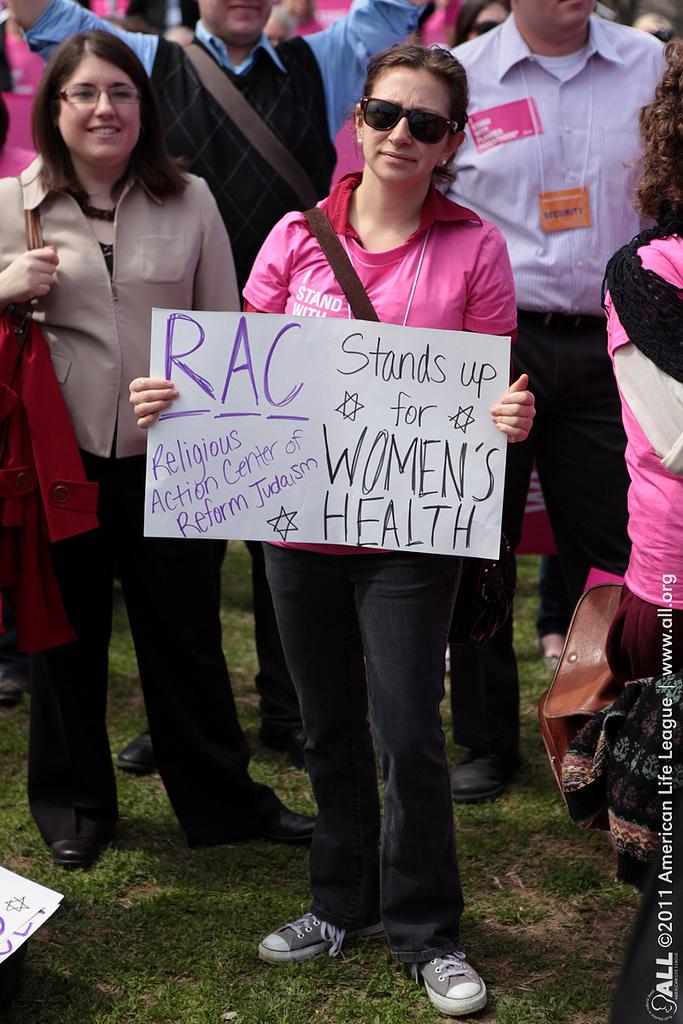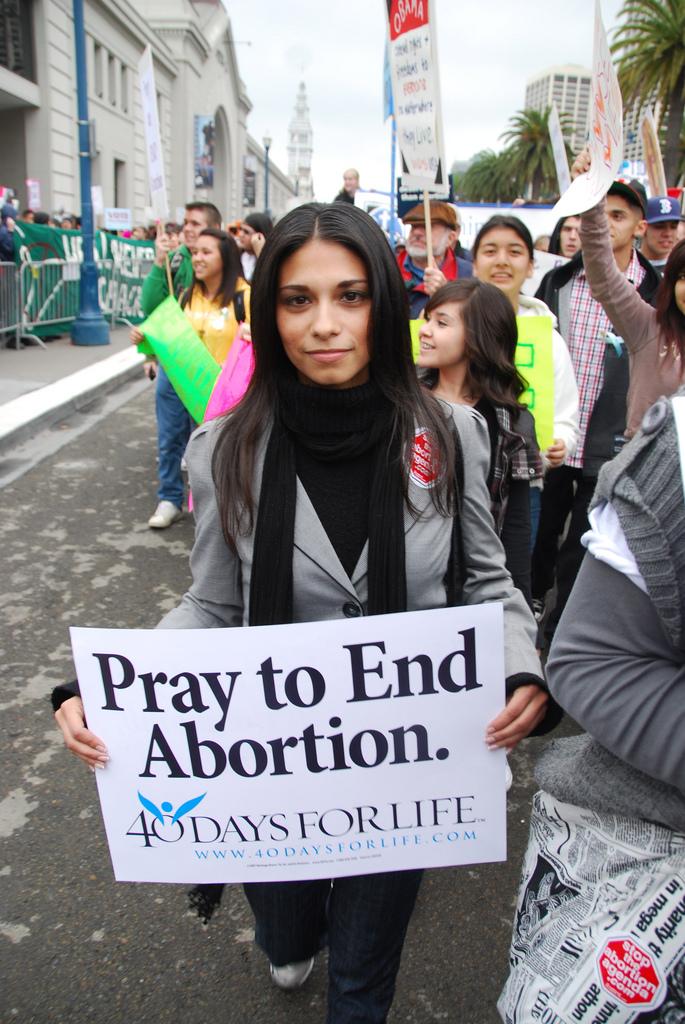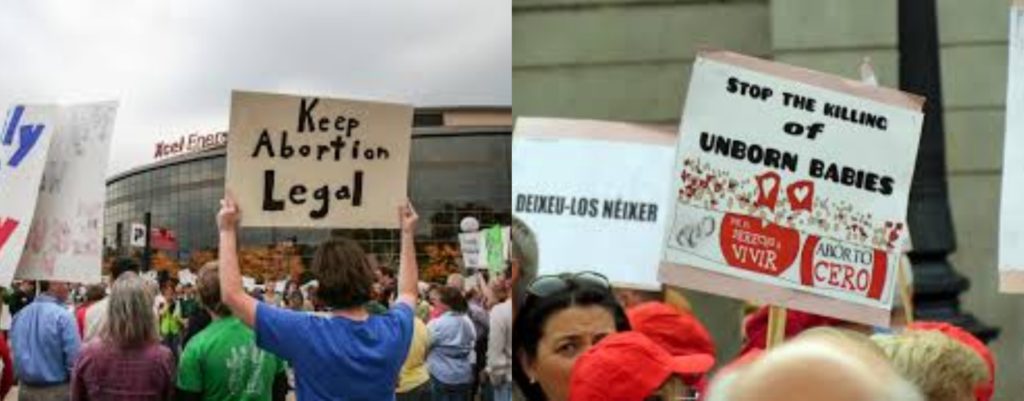Ever since the historic case of Roe v. Wade, which came before the Supreme Court of the United States in 1973, abortion is considered a fundamental right under the Constitution. It was made legal, and all laws attempting to regulate it became the subject of scrutiny. This meant that according to the Court, any law that regulates abortion must be justified by a “compelling state interest.” The Court defined “compelling state interest” by setting up a trimester framework – there would be no issue of legality in the first trimester of pregnancy because it is safe for the mother. In the second trimester the state is allowed to regulate more of the process when it becomes slightly more dangerous. States are then allowed to highly regulate or even forbid abortions during the third trimester because it can cause serious health threats. These restrictions were approved by the Supreme Court and established as law.
However, the decision did not succeed in providing abortion availability for any and all women who want one. States have added waiting periods, mandatory ultrasounds, high prices, and inconvenient locations to the process of getting an abortion. Additionally, states created TRAP (Targeted Regulation of Abortion Providers) laws. The newest round of restrictions came in the form of a Texas law called HB2, which proposed several new requirements on abortion clinics such as mandates that all staff have hospital admitting privileges, requiring the building to be an ambulatory surgical center, which means that the facility must have halls wide enough to allow two gurneys to pass each other. This legislations increasing the number of visits a woman is required to make to the clinic itself throughout the process. The last requirement makes the process especially difficult for women who need to travel long distances to the nearest clinic. They would have to pay for travel, room, and board in multiple stays, which can be difficult for low-income women. On July 27, 2016, at the conclusion of Whole Woman’s Health v. Hellerstedt, the Supreme Court decided that HB2 was unconstitutional.
The mere legalization of abortion was not easy to achieve – decades of arguing and debate preceded the Supreme Court decision, and these continue today. One perspective that does not tend to be featured in mainstream media is the Jewish one. The Jews of America have not been silent regarding this issue, expressing opinions that range from public support of the Supreme Court decisions to starting pro-life groups. Organizations such as Hadassah, The Women’s Zionist Organization of America, Jewish Women International, Women of Reform Judaism, and the Religious Action Center of Reform Judaism are just some of the 48 organizations that joined with Whole Women’s Health on an amicus curiae (a friend of the case brief), while the Jewish Pro-Life Foundation was established on the other side of the issue. Individual Jews have an interesting question to ponder: How do you balance being a Jew, with everything that entails, and judging the abortion laws in America?

Rabbi David Glickman, Senior Rabbi of Congregation Beth Shalom in Overland Park, KS, helped answer this question. Glickman explains that “This verse [Ex. 21:22] lays the groundwork that an inadvertent abortion is not manslaughter, which would seem to imply that intentional abortion is not murder. However, that does not mean that abortion is OK.” He added that if a woman’s life is in danger, she should get an abortion, but there are instances in which a fetus is thought of as an extension of the mother, like a limb.
In addition, Glickman stated that “Jews should realize that they are Jews first, and Republicans or Democrats second.” He explains that the issue of abortion in Jewish thought is not simple, and that “the biggest conflict is we fit into neither camp.” According to Glickman, because Judaism views the situation differently than the Pro-Life and Pro-Choice groups, it is difficult to place yourself on one side of the argument in a conventional manner. That being said, Glickman says he “tend[s] to side with the Pro-Choice community on abortion, because if a woman needs an abortion, and there are many, many, many halachically permitted situations where that exists, I want the abortion to be safe, accessible, and not dictated by the state.” This opinion is shared by many Jews around the country.
Glickman’s opinion is not the only one in the Jewish community. Another opinion is voiced by Tzvi Freeman of Chabad.org, in an article entitled “What is the Torah’s View on Abortion”. Freeman’s article explains that because a fetus is a potential life, we are not allowed to kill it. However, if the fetus is endangering the life of the mother, abortion is permissible. This has a limit too – once the baby’s head has emerged it is counted as a full life, and cannot be killed even if it is still endangering the mother. At that point, it is another life, just like everyone else.

It is clear that there is no simple answer that can be given to the complex issue of abortion when approaching it from a Jewish lens. Issues like these force the Jewish community to take a step back and think about what values are important and what message should be conveyed. Abortion is an argument that America has been having, and will continue to have, for a long time. The Jewish take on this issue is as valid as any other, and it is therefore something that must be represented, or it might end up being left out.















































































